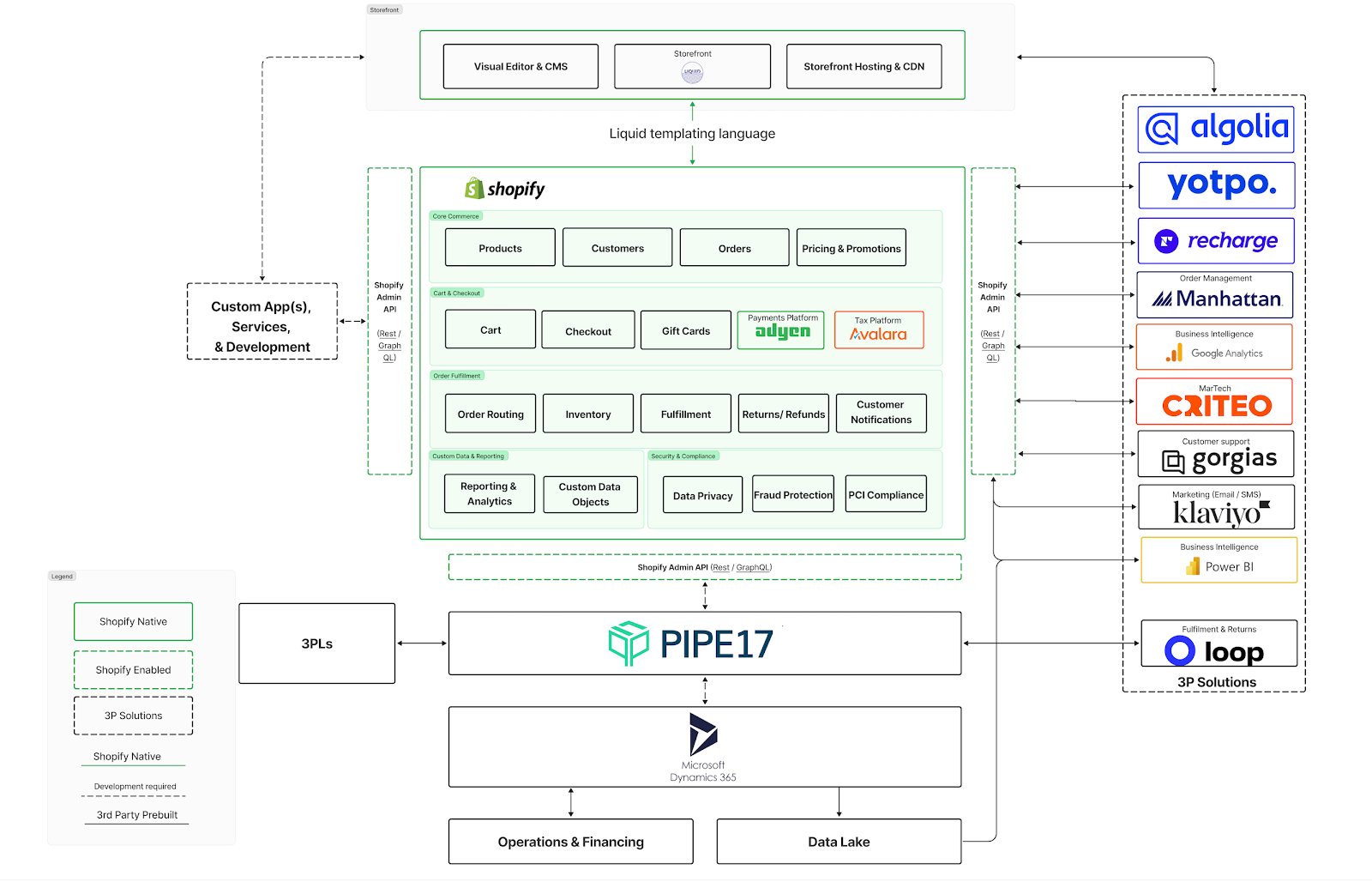Many Chicago small business owners in ask Seotwix: “Is SEO worth it for small businesses?”
The short answer is yes! But let’s dive deeper into why SEO is a game-changer for small business.
What is SEO for Small Businesses?
Search Engine Optimization (SEO) for small businesses involves a set of strategies and practices aimed at improving a company’s visibility on search engines like Google. The goal is to enhance the business’s online presence, attract more organic traffic, and ultimately drive more leads or sales. For small businesses, SEO optimizes their website and content to rank higher in search results for relevant keywords and phrases.
Is SEO Worth It for Small Businesses?
Investing in SEO for small businesses can lead to significant long-term benefits. It’s not just about immediate gains but also about building a sustainable online presence. With the right SEO strategy, you can achieve higher rankings, increased traffic, and better conversions.
Moreover, SEO delivers measurable results. With tools like Google Analytics, you can monitor your website’s performance, understand user behavior, and refine your strategies accordingly. This data-driven approach ensures your SEO efforts are continuously optimized for improved outcomes.
Why Is SEO Worth It for Small Businesses? The Answer in Numbers
When evaluating whether SEO is worth the investment for small businesses, the numbers provide a compelling case. Here’s how SEO can positively impact small businesses, backed by data and research:
1. Increased Traffic and Visibility
Search Engine Traffic: According to a study by BrightEdge, 53% of website traffic comes from organic search. This underscores the importance of being visible on search engines to capture potential customers.
First Page Rankings: Research by Ahrefs shows that the top 5 search results on Google receive 68% of all clicks. Ranking on the first page is crucial for driving traffic.
2. Cost-Effectiveness
ROI Comparison: A report by HubSpot found that SEO has an average ROI of 122%, compared to traditional marketing methods like print and direct mail. This demonstrates SEO’s efficiency in generating returns relative to its cost.
Cost per Lead: According to a study by Search Engine Journal, SEO leads cost 61% less than traditional outbound leads. This makes SEO a more economical option for acquiring customers.
3. Long-Term Results
Sustained Benefits: A study by Moz revealed that 70% of marketers see improved search engine rankings in 6-12 months. This long-term effect of SEO provides ongoing benefits beyond initial efforts.
Competitive Edge: Research from SEMrush indicates that companies investing in SEO have a 14.6% close rate on leads, compared to 1.7% for outbound leads. This demonstrates SEO’s role in attracting high-quality leads.
4. Local Search Impact
Local Business Searches: According to Google, 76% of people who search for something near them visit a business within one day. Our Chicago local SEO experts can help you significantly increase foot traffic to physical locations.
Google My Business: Businesses that use our GBP optimization services regularly receive 70% more requests for directions and 50% more click-throughs to their websites, as reported by Google.
5. Customer Behavior
Online Research: A survey by Forrester found that 93% of online experiences begin with a search engine. Being visible in search results is essential to capture this initial interest.
Trust and Credibility: According to a study by Search Engine Land, 70% of users are more likely to click on a search result if it’s from a well-known brand, underscoring the importance of ranking highly to build credibility.
These statistics highlight that SEO is not just a marketing expense but an investment with measurable benefits. By improving search engine visibility, attracting qualified leads, and offering long-term value, SEO proves to be a cost-effective and impactful strategy for small businesses.
Practical Steps to Get Started with Small Business SEO
- Keyword Research: Discover the keywords your target audience is actively searching for. Utilize tools like Google Keyword Planner or SEMrush to identify keywords with high search volume and minimal competition.
- On-Page Optimization: Make sure your website is finely tuned for your selected keywords. This includes refining title tags, meta descriptions, headers, and overall content.
- Content Creation: Consistently produce high-quality, relevant content that caters to your audience’s needs and interests. Blogging is an excellent way to keep your site fresh and engaging for visitors.
- Link Building: Create a strong network of authoritative backlinks from trusted websites to enhance your site’s credibility and search engine ranking. This boosts your site’s authority and elevates its search engine rankings.
- Local SEO: If your business targets a local market, prioritize local SEO. Optimize your Google My Business profile, accumulate reviews, and ensure your business information is accurate across all online directories.
Navigating the world of SEO can be complex and time-consuming. That’s where our SEO team comes in. We offer comprehensive services that cover all aspects of SEO, from technical audits to internal linking optimization. Our services are designed to improve your website’s rankings and drive more traffic to your site.
So, is SEO worth it for small businesses? Without a doubt. By investing in small business SEO, you’re setting the foundation for long-term success. It’s an essential component of digital marketing that can drive growth, build credibility, and keep you ahead of the competition. Start optimizing today and watch your business thrive in the digital world.





